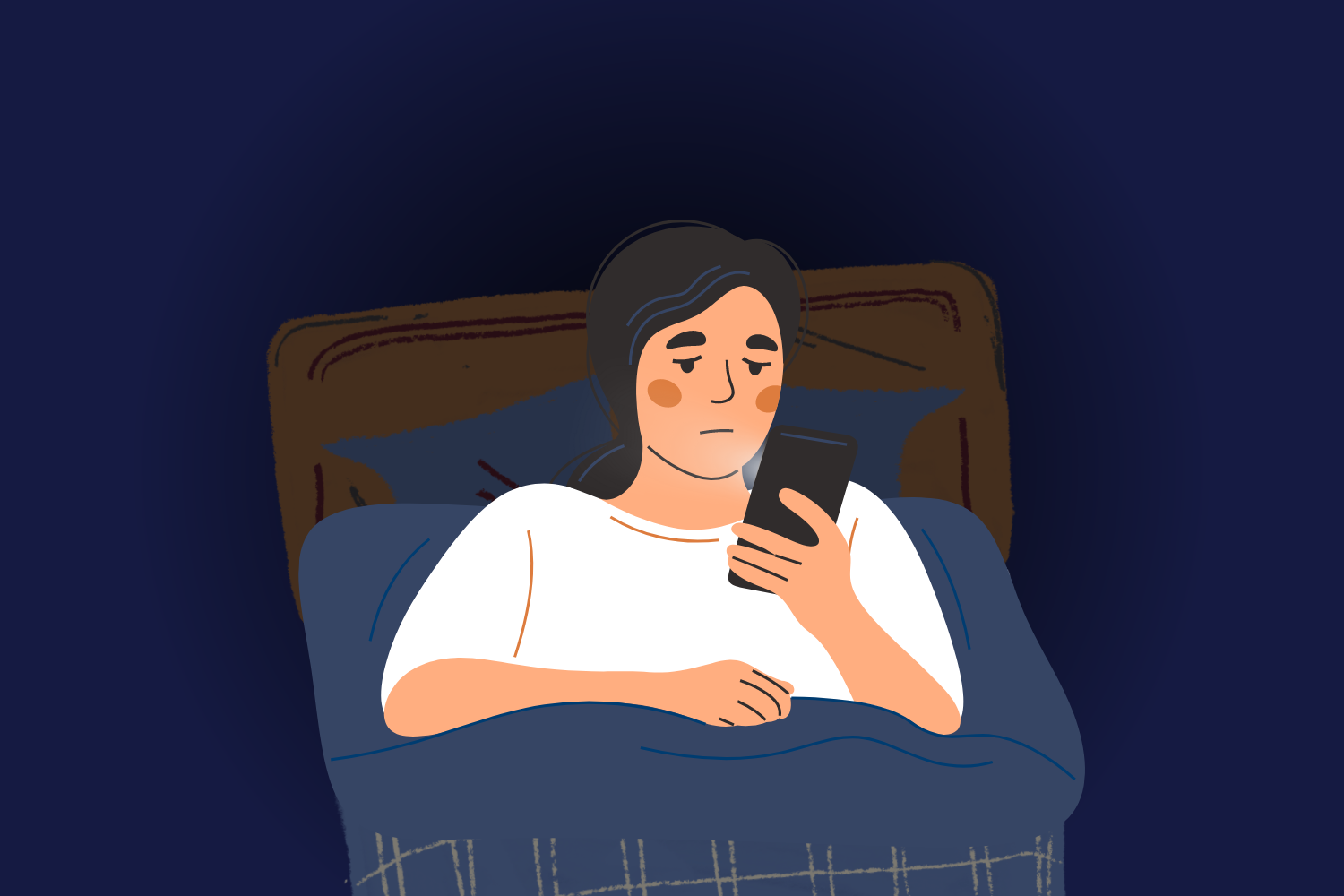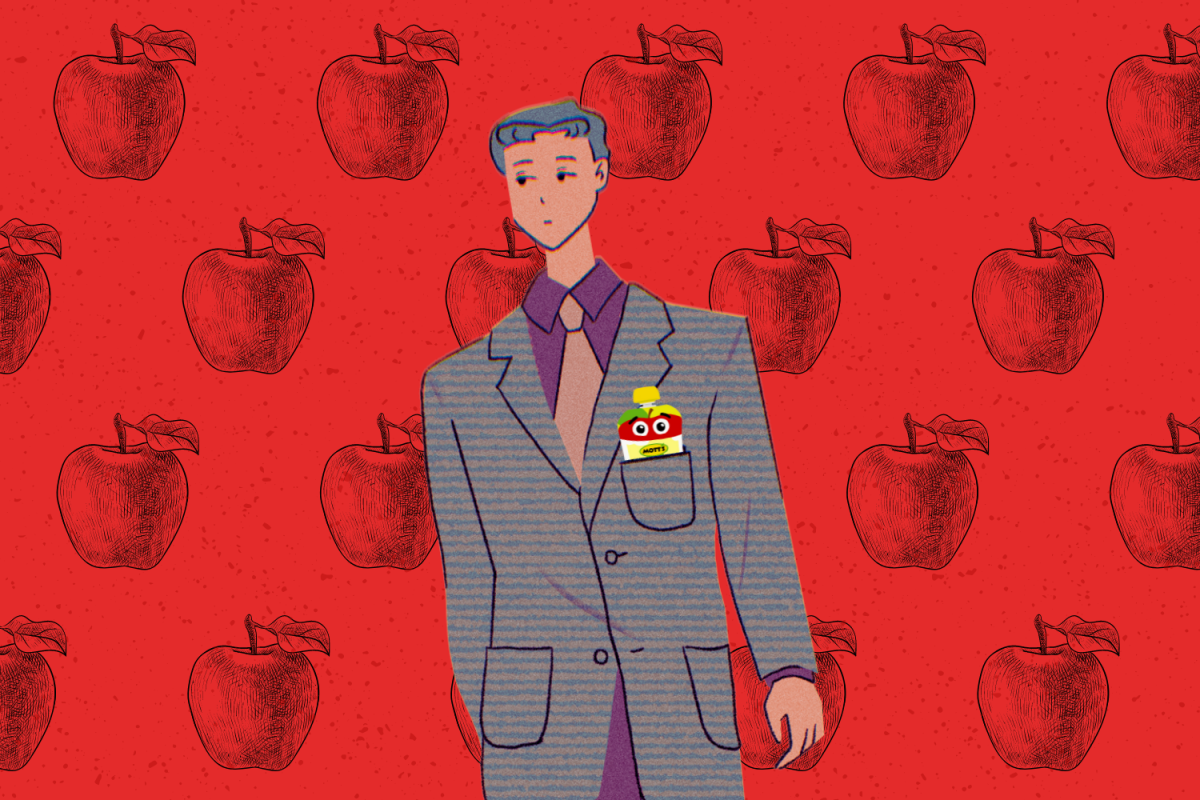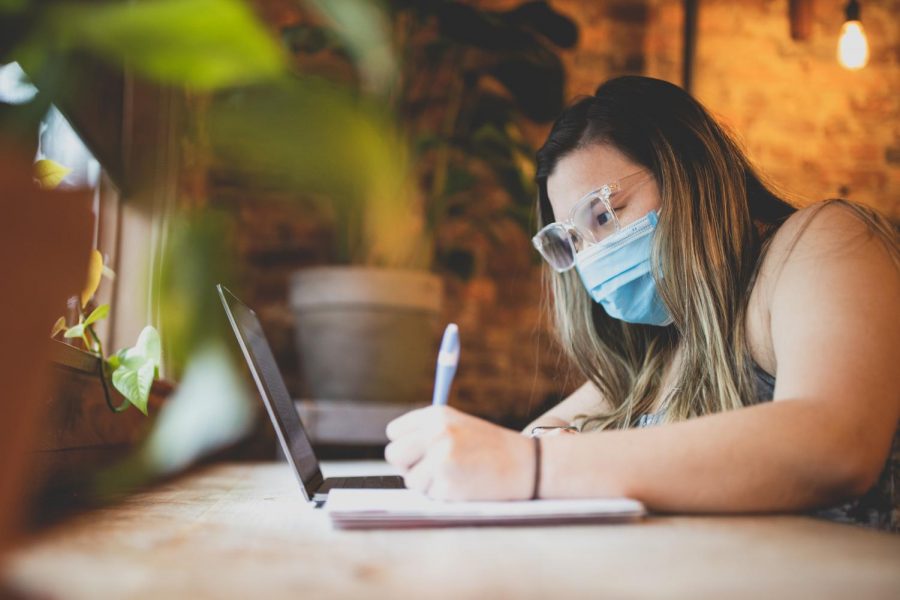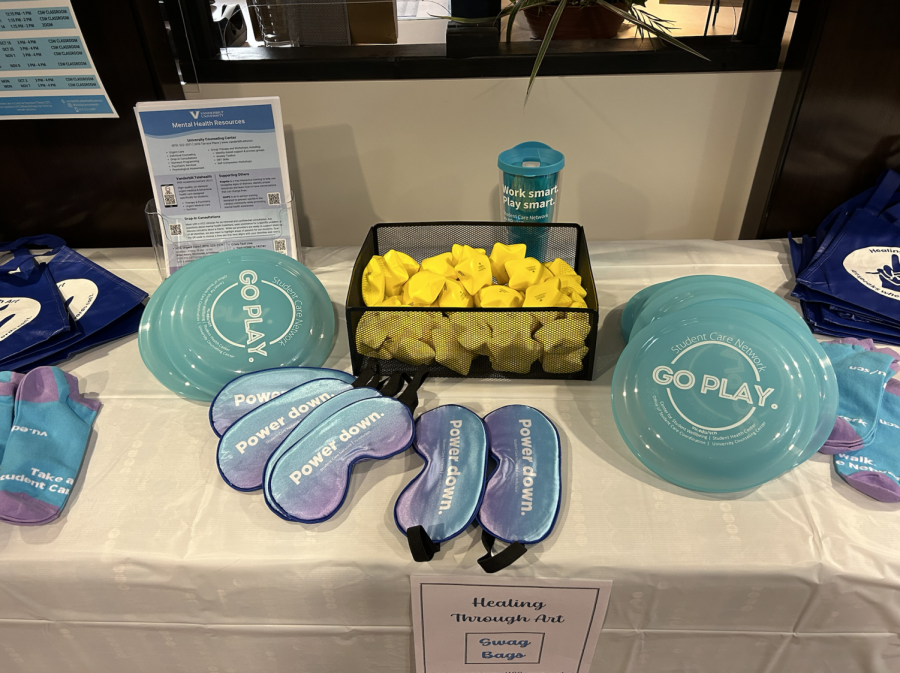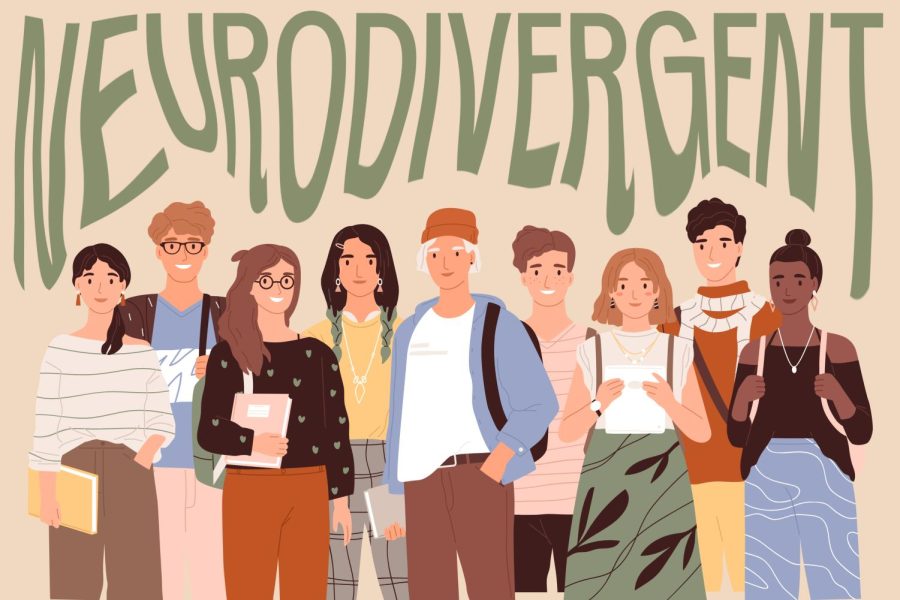Wake up, brush your teeth, wash your face. Go to class. Eat lunch. Do your homework, take a shower. Lay in bed and wonder when you break the cycle. Fall asleep. Wake up, try again.
Days, weeks and months go by, but nothing changes. Maybe you go to therapy, or maybe you choose to tackle life head-on with no help at all. No matter the approach you take, the problem remains: mental health issues affect a massive part of our student population and all of the existing advice guides students toward how to overcome their issues. However, some issues cannot be overcome in days, weeks, months or even years. Sometimes, the struggle to get yourself up in the morning lasts a lifetime. Where do you go from there?
In my life, the struggle to get by started many years ago. Even on my good days or my good months, I still feel the effects of a life hamstrung by mental health problems. My freshman year of college was spent sleeping through my alarms after a long night of staring at a blank lab report, wondering when it would get easier. I wanted help, and I had no shortage of resources. However, every resource I sought out felt like it wanted to “fix” me. The problem was that I felt unfixable — at least, not within the four years of an undergraduate education.
I went to therapy, I started medication, I journaled and went on many nature walks. When my issues were academic, I reached out to tutors, professors and peers. And yes, these things helped me substantially. In fact, I lived a year of my life with fairly manageable symptoms because of the help I received. However, as soon as I showed improvement, many of these resources I had leaned on became harder for me to access. My therapist suggested we space appointments further apart, which feels somewhat related to the fact that the UCC cannot handle the amount of students who need help. Although I am a big fan of therapy, the goal of my sessions were clear: “fix” me, wean off and then leave. When things take a turn for the worse after a period of stability but your resources have already written you off as “better now,” what do you do? Rejoin the months-long waitlist to the UCC?
When you reach out to ask for help, and your resources respond with the dreaded question of “what’s on your mind?”, there is an endless laundry list of symptoms that need to be managed but have no known source. If this speaks to you, I can attest to the frustration and isolation of having mental health symptoms with no cure. So, in lieu of the help you may not be receiving here on campus, here are some words of advice from your mental health fairy godparent on how to cope with problems you feel you cannot overcome:
1: Take it day by day and celebrate small victories.
Living a life encumbered with the weight of sadness or anxiety that you cannot shake is not easy. While your peers celebrate their 4.0 GPAs, you might be closer to a 2.0 — and I often found myself there when I was mentally at my worst. So, where others may celebrate their 100s, celebrate your 80s, your 75s or your barely-passing grades. It is a tough pill to swallow, but you are allowed to celebrate the fact that a 40 is better than a 0. You are allowed to celebrate the fact that even a failing grade means you are still in school to make a grade at all. When you get out of bed on a day where you normally couldn’t, or when you remember to shower and eat enough food, you should celebrate. When you feel that you aren’t capable of doing anything at all, it is helpful to remember that tomorrow is a new day. In short, be kind to yourself: comparing yourself to others is only to your own detriment.
2: Use every creative outlet possible: bad art is still art.
There is no better way to clear a flurry of bad emotion out of your head than to put it to paper — that is, using an artistic outlet to free up your mind for more productive thinking. It is not a waste of time or energy to use a creative outlet to make yourself feel better. Some people write poetry, others write prose and some prefer arts and crafts. Whether it is physically placing your feelings into art or simply making something to ease your mind, it is always worth the time that it takes. Even if you are not particularly creative or talented, it does not make the action of creating less worthwhile. Art exists in many ways that you can harness — even 3 a.m. “Notes” app ramblings and singing in the shower.
3: Yes, journaling and counting gratitudes actually help.
If nobody is advocating that gathering your thoughts together on paper is one of the most beneficial ways to be mindful of your mental health, it means that I have disappeared off of the face of the earth. I am not a toxic optimist — in fact, I would not consider myself much of an optimist at all — but optimists have a point when they advocate for focusing on the positive. Looking at your life and counting the good things will make it easier to keep going, even if you feel like there isn’t much to count. The best remedy for feeling hopeless is to hope, and there is no better way to find hope than to look for the sweet parts of sour days. While it may feel artificial at first, documenting the good and letting the bad fade away into the ether is a good thing.
4: Remember that there are other people going through the same thing as you.
While it is easy to fall into the train of thought that your problems are less important than those struggling around you, the reality is often the opposite. It can be easy to compare yourself to others, but realizing that other people are in the same boat is a good thing. Finding people who you can speak in confidence and spend time with to help distract you from your symptoms can be a substantial addition to day-by-day living. We’re all just passengers on the roller coaster of life, and there will always be other people stuck in the last train with you — might as well shake their hand and bond over how shaky the tracks are.
Living with chronic mental health conditions is hard, especially when they have no clear solution. The key to coping is putting forward what you can give — even if it isn’t a lot. There are always people who love you, care for you and want to help you, even if you feel under-supported. So, make your next painting or bullet journal, talk to a friend on the phone and get your favorite boba drink — you deserve to wake up tomorrow and push toward better days.
Student Care Coordination has drop-in hours for two hours per day — Monday through Friday — and meetings are available by appointment. If you or anyone you know needs immediate and urgent help, resources like the UCC Crisis Support line can be reached at 615-322-2571, and the national Suicide & Crisis Lifeline can be contacted by dialing 988.




